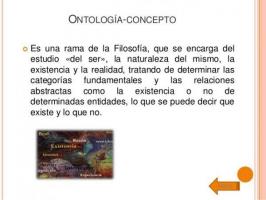DIFFERENCES between Epicureanism and Stoicism
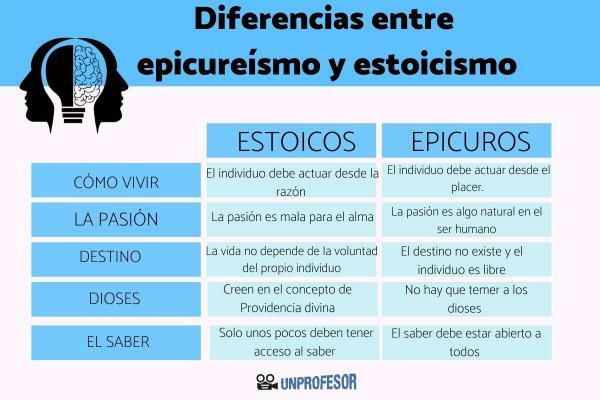
In this lesson from a TEACHER we will talk about differences between Epicureanism and Stoicism, two of the most important Hellenistic schools of the IV century BC. C. and that they marked two different ways of life for the society of the moment. The first was founded by Epicurus of Samos (341-270 BC. C.) and the second for Zeno of Citio(336-264 a. C.).
The thinking of both currents coincided in their idea about the rejection of excess and possession of material goods, however, their greatest differences lay in their conception of passion, politics, destiny or pleasure. If you want to know more about the differences between Epicureans and Stoics, pay attention and read on.
The Epicureanismborn in Athens by the hand of the philosopher Epicurus of Samos (341-270 a. C.), founder of the school “The garden”. A place where the acquisition of knowledge was open to all individuals: wise, rich, poor, slaves, men and women.
His philosophy was influenced by that of Democritus of Abdera (460-370 a. C.) and rapidly expanded throughout the Mediterranean, gaining so many followers (
Demetrius of Lacon, Laertius Diogenes, Lucretius or Zeno of Sidon) as detractors (Cicero, Marco Aurelio, Plutarco and Seneca). Among the latter, the idea spread that the Epicureans were libertine, effeminate, and weak, since they considered that their concept of pleasure was counterproductive to their idea of virtue.And it is that, precisely, one of the key points of this doctrine is his conception and pursuit of pleasure. A search that has to be rational, moderate and without excesses, that is, it must obtain a smart pleasure. Thus, a pleasure obtained from intelligence is a good pleasure because it gives us the happiness, removes us from pain and helps us achieve balance (between body and mind), tranquility or the ideal state, ataraxia.
Therefore, according to this current we must avoid accumulating possessions and move away from excesses, from suffering, of our fears (of death, loneliness, gods, destiny ...) and achieving pleasure or a full life.
“The key to a happy life is to accumulate the greatest amount of pleasure and reduce pain as much as possible "
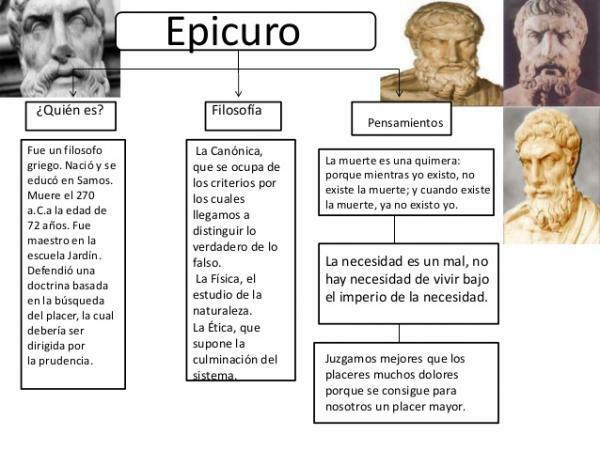
The stoicism was founded in Athens by Zeno of Citio (336-264 a. C.) and his name comes from the place where Zeno imparted his philosophy to his disciples, the stoa. A portico located north of the agora of Athens.
His philosophy is influenced by that of Heraclitus, Plato and Aristotle And, like Epicureanism, it spread rapidly gaining many followers during Hellenism and the Roman Empire, especially between the upper classes. Thus, Stoicism is usually divided into three stages:
- Ancient Stoicism: S.III- II a. C., Zeno.
- Medium Stoicism: S.II-I a. C., Posidonio.
- New Stoicism: S. I-III d. C., Cicerón, Marco Aurelio, Plutarco and Seneca.
In his doctrine, the idea of the control of passions and the achievement of happiness regardless of pleasure and desire. For both states of mind disturb balance and virtue.
Thus, the self control of appetites and the renunciation of material goods would be the key to achieving balance, happiness and freedom, which Stoicism defines as apathy.
"Desire and happiness cannot live together"
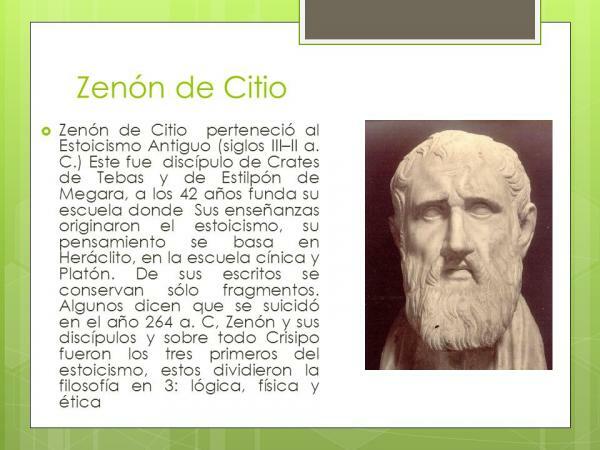
These two streams were "Rivals" and they show us two very different lifestyles through their philosophical differences. Here is a list of the differences between Epicureanism and Stoicism:
- The way to live and act: For the Stoics the individual must act from reason and for Epicureans from pleasure. Which directly connects with the idea that for the Stoics pleasure brings pain and unbalances the virtue of the individual. and that for Epicureans it is the opposite, pleasure in its proper measure is good because it eradicates pain and makes us happy. Also, this leads us to the goal of life for the Stoics to live virtuously and for the Epicureans to live pleasantly.
- The concept of passion: Like pleasure, for the Stoics passion is bad for the soul, while for the Epicureans it is something natural in the human being and, therefore, we should not give it up.
- The concept of destiny: According to the stoic current, life does not depend on the will of the individual himself, but is conditioned by destiny and, therefore, we must accept everything that destiny has in store for us (both the good as bad). However, for Epicureanism, destiny does not exist and the individual is free.
- The concept of God: The Stoics believe in the concept of divine Providence, that is, that the gods carry out their will, that they weave our destiny and that we must fear them. While for the Epicureans, there is no need to fear the gods because it is the individual who creates his own destiny, therefore, for them there is no concept of divine Providence.
- Access to knowledge: For the Stoics only a few must have access to knowledge and for the Epicureans knowledge must be open to all individuals. In fact, this idea has a lot to do with the place where the founders of both currents imparted their teachings: Zeno did it in the Stoa, a privileged place in the agora where only men and citizens had access. Epicurus did it in “El Jardín”, a place open to men - women and the rich-poor
- Participation in politics: For the Stoics the citizen must participate actively in politics and for the Epicureans not.
- Both currents have their roots in different authors and philosophies: While Stoicism has its origin in Heraclitus, Epicureanism has it in Democritus.
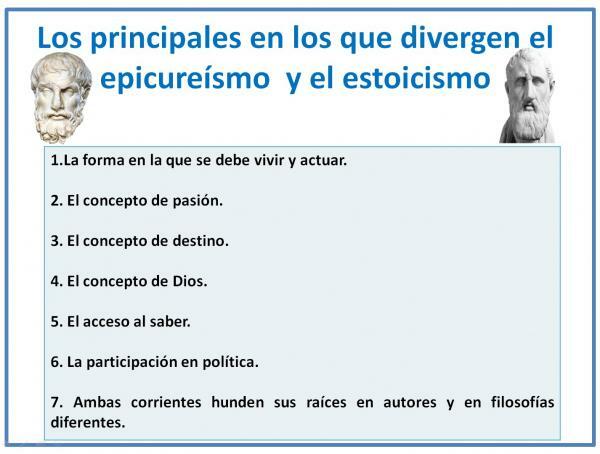
Both philosophies, contemporary in time, have some Points in common, What:
- The idea of the search for balance, peace and serenity of the individual and the soul.
- The detachment of material goods.
- The rejection of excesses.
- The value of friendship.
- The conception that Philosophy is the best remedy to heal the soul.



